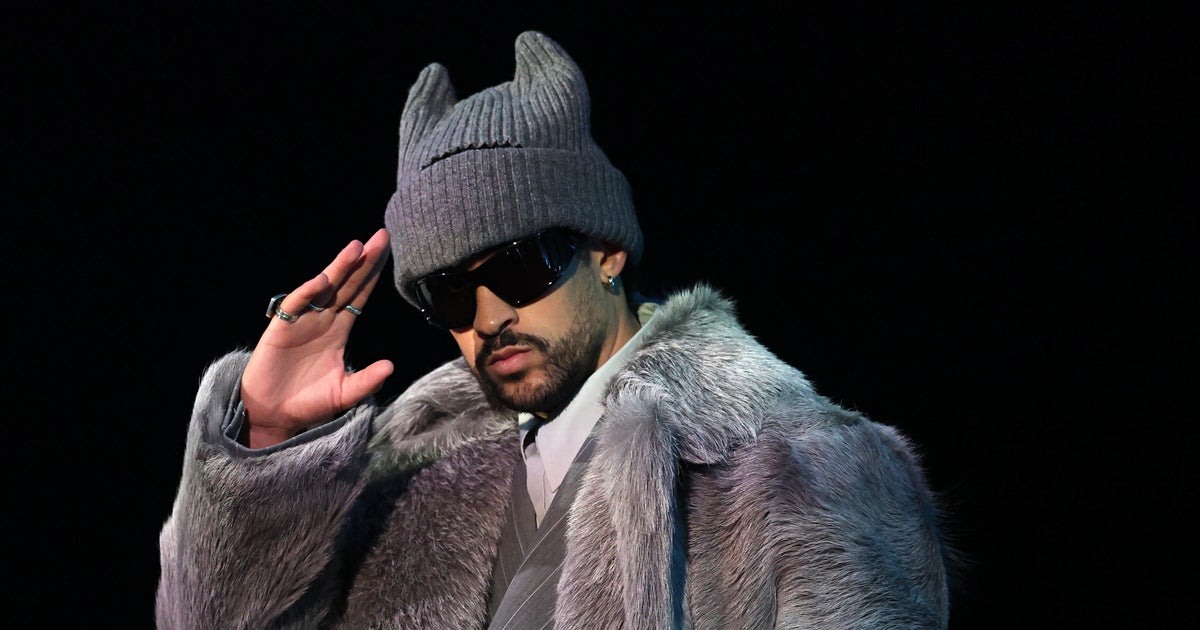When higher education doesn't mean higher pay
Most people see education as a way to climb the socioeconomic ladder. But what happens when a college degree doesn't guarantee better pay?
That's an issue raised by new government research into America's low-wage workers -- employees earning $16 or less per hour. The share of low-paid workers has remained at about 40 percent of all American employees since 1995, but the group has gone through one surprising change: Those baristas and cashiers are much more educated today than they were two decades ago.
The American labor force is undergoing massive transformations, with high-skilled and educated workers increasingly taking the lion's share of income gains. That's leading to an increase in college enrollment, on the theory that a piece of parchment will help secure higher lifetime earnings.
Although some majors are more likely to be correlated with lucrative salaries, such as computer science or other tech and math-related fields, the government's findings shed light on the fact that not all college grads go on to high-paying jobs.
About 22 percent of Americans who earn between $12.01 and $16 per hour now hold college degrees, compared with 16 percent in 1995, the report from the Government Accountability Office found. Other low-wage categories witnessed similar trends, with the share of employees earning the federal minimum wage or less -- $7.25 per hour -- rising from 70 percent in 1995 to 80 percent in 2016, it said.
While the report didn't break down which types of college majors are leading to low-paying jobs, some types of degrees are more likely to lead to underemployment, or working in roles that don't match the holder's skills, according to research from the Federal Reserve Bank of New York.
The top major for underemployment? Criminal justice, where 75 percent of graduates end up in low-skilled jobs. And no surprise, the second most-likely major to result in underemployment is the performing arts, where 65 percent of grads are working in jobs that don't match their skills.
Majors with the lowest rates of underemployment are nursing and chemical engineering, at 12.8 percent and 16.8 percent, respectively.
The rise in highly educated but low-paid American workers may point to a bigger, more worrisome issue: "degree inflation." That's when employers seek out college grads for jobs that once went to high school graduates. While that means more available jobs for college grads -- even in low- and middle-wage jobs -- it also increasingly shuts the door for Americans who hold only high school diplomas.
Degree inflation is making America less competitive by shutting out workers who don't have college degrees, according to a new study from Harvard Business School, Accenture and Grads of Life.
"One of the major causes, if not the leading cause, of degree inflation is an employer's perception that workers without a degree are not capable of performing more of today's middle-skills task," the report said. It calls for educational reforms to align high school curricula with the skills that employers need.
About seven out of 10 American workers don't have college degrees, which means those workers may increasingly be pushed out of the job market or into the lowest-paying roles.
The GAO report, which was prepared for Sen. Bernie Sanders (I.-Vermont), found that 20 percent of families that earn the federal minimum wage of $7.25 an hour live in poverty, compared with 5 percent of families that earn between $12 to $16 an hour. Sanders, who supports a federal minimum wage of $15 per hour, said the findings show baseline pay of $7.25 an hour "is a starvation wage."
"The gap between the richest Americans and everyone else is wider than at any time since the 1920s," Sanders said in a statement. "Instead of giving huge tax breaks to millionaires and billionaires, we must invest in critical programs that help working families make ends meet and lift millions of Americans out of poverty."
Reliance on some antipoverty government aid for poor families has increased over the past two decades. The GAO report found enrollment in Medicaid has tripled for families earning more than the federal minimum wage due to the recession and the expansion of Medicaid in some states under the Affordable Care Act.
Where are America's low-wage workers? Look to six industries, the GAO said: the food industry; retail and sales; office and administrative support; building and grounds cleaning and maintenance; personal care and service; and transportation and material moving.



